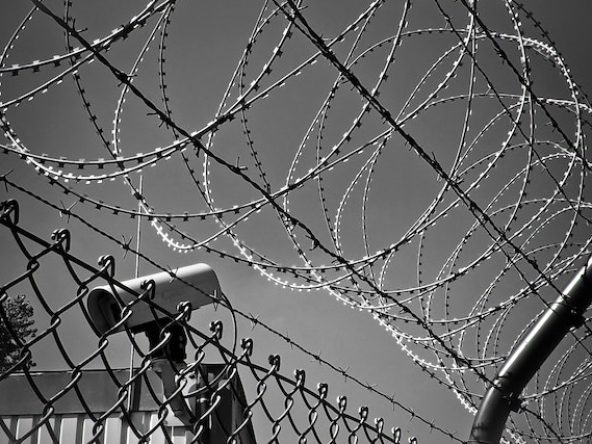South Africa has a well-established system of property laws and regulations that govern the buying, selling, and ownership of land and buildings. These laws are designed to protect both buyers and sellers and ensure that property transactions are conducted fairly and transparently. Understanding these laws is essential for anyone looking to buy or sell property in South Africa.
The first thing to understand is the legal concept of property ownership. In South Africa, there are two types of property ownership: freehold and leasehold. Freehold ownership means that the owner has complete ownership of the land and the buildings on it, with no restrictions on how they use it. Leasehold ownership, on the other hand, means that the owner only has the right to use the land and buildings for a specified period of time, usually through a lease agreement with the owner of the freehold.
When buying or selling property in South Africa, there are a number of legal requirements that must be met. One of the most important of these is the need to register the property with the Deeds Office. This is a government agency that maintains a record of all land and property transactions in the country. In order to register a property, the buyer must provide proof of ownership and pay a registration fee.
Another important legal requirement is the need for a valid sales agreement. This is a legally binding document that sets out the terms and conditions of the sale, including the purchase price, any conditions of sale, and the date of transfer of ownership. The agreement must be signed by both the buyer and the seller and witnessed by two independent witnesses.
South African property law also requires that all property transactions be conducted through a licensed estate agent. Estate agents are regulated by the Estate Agency Affairs Board, which ensures that they are qualified and adhere to ethical standards.
In addition to these legal requirements, there are also a number of regulations that govern property ownership in South Africa. These include zoning regulations, which determine how land can be used and what types of buildings can be constructed on it, and building regulations, which set out minimum standards for the construction of buildings.
There are also regulations that govern the use of property, such as environmental regulations that protect sensitive ecosystems and heritage regulations that protect historic buildings and landmarks.
Understanding these regulations is important for anyone looking to buy or sell property in South Africa. Failure to comply with these regulations can result in fines, legal disputes, and even the loss of ownership rights.
In conclusion, South Africa has a robust system of property laws and regulations that govern the buying, selling, and ownership of land and buildings. Understanding these laws and regulations is essential for anyone looking to buy or sell property in the country, and can help to ensure that property transactions are conducted fairly, transparently, and legally. By working with a licensed estate agent and adhering to all legal and regulatory requirements, buyers and sellers can protect their interests and ensure a smooth and successful property transaction.
Checkout our Home Decor & Interior Design Page




















